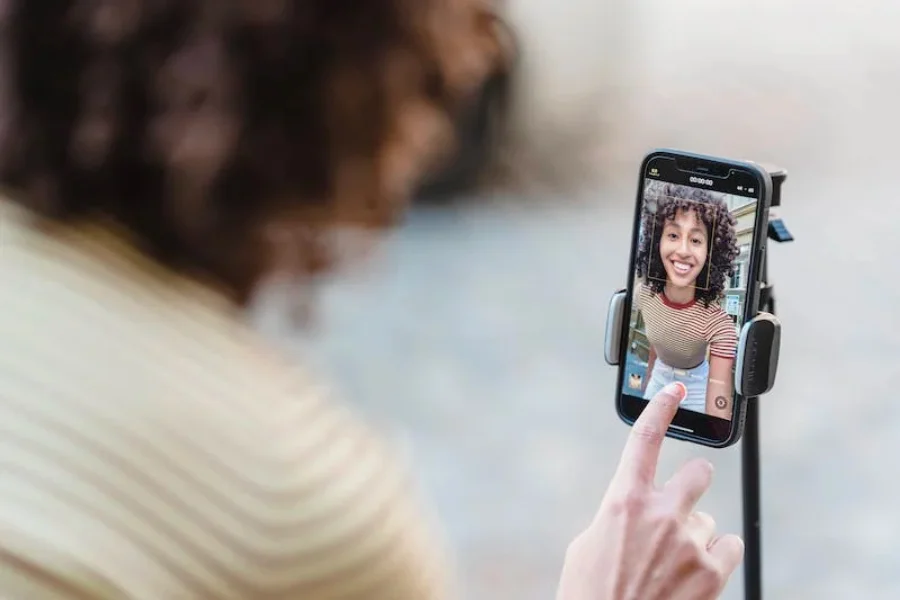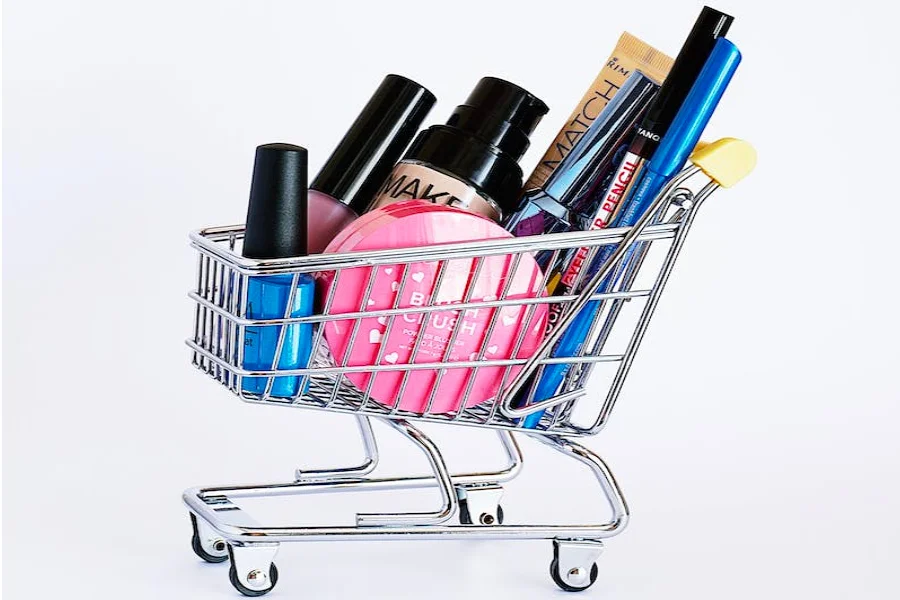The beauty industry has been transformed by the introduction of Artificial Intelligence (AI) and Augmented Reality (AR) technologies.
These technologies are changing the way customers interact with beauty products, making it easier to find the perfect product for their needs.
AI and AR are being used by major beauty brands to offer customers a more personalized and immersive experience, allowing them to virtually try on products and receive tailored recommendations.
This article will explore how AI and AR technology are changing the beauty industry, and the benefits it offers to customers and businesses.
Table of Contents
Why personalization matters
How AI and AR technology are changing the beauty industry
Personalization for all
Why personalization matters
Personalization is the name of the game in today’s beauty industry, and it’s not just a fad – it’s what customers expect. 71% of shoppers anticipate a personalized experience when they shop.
Almost 80% of customers are more likely to become repeat buyers and spread the word about a company if they’re given a personalized experience.
In fact, 76% of shoppers said that personalized communications have played a key role in their consideration of a brand.
The good news is, beauty brands can tap into AI and AR technology to provide exactly what their customers want. By analyzing customer data, providing tailored product recommendations, and offering virtual try-on experiences, beauty brands can show their customers that they care and give them the personalized shopping experience they crave.
Ultimately, prioritizing personalization is a smart strategy for beauty brands looking to stand out from the crowd and foster a loyal customer base.
How AI and AR technology are changing the beauty industry
The beauty industry has come a long way from traditional brick-and-mortar stores to online shopping experiences.
However, AI and AR technology have taken it to the next level, completely transforming the way we shop for beauty products.
With AI-powered quizzes and virtual try-ons, consumers can now receive personalized product recommendations and see how they would look with different shades and styles without ever having to leave their homes.
Read on for an in depth description of four AI and AR technologies making an imprint in the beauty industry.
In depth quiz
These quizzes gather important information about a potential customer’s skin type, color, concerns, and preferences.
This data is then used to recommend personalized products that are more likely to meet the customer’s unique needs.
For example, a beauty brand may use an AI-powered quiz to ask a customer about their skin type, whether they have dry or oily skin, and any particular skin concerns they have. The brand can then recommend a personalized skincare routine and products that address the customer’s specific concerns.
This approach not only helps customers find the right products for their needs but also fosters a sense of brand loyalty by showing them that the brand cares about their individual needs.
AI advisor
AI Advisors use machine learning algorithms to analyze a customer’s personal data and preferences, prompting the customer for more information to refine their recommendations. For example, a customer may be asked about their skin type, hair texture, and preferred makeup style.
The AI Advisor can then use this information to recommend skincare products that cater to their skin type, hair care products that address their specific hair concerns, and makeup products that match their preferred style.
Virtual try on

Virtual try on’s are as they sound. They allow consumers to take a picture of themselves and virtually try on a product prior to purchase.
This means customers can see how a specific product will look on their skin tone, or how a new hair color will complement their features, without having to physically try it on.
The virtual try-on uses advanced algorithms to create an accurate representation of the customer’s image and overlays the selected beauty product onto it in real-time.
This allows customers to experiment with different colors, textures, and styles before committing to a purchase. This approach not only simplifies the shopping process but also helps customers make informed decisions about which products to buy.
Relevant product and service recommendations

With AI-powered systems, beauty brands can gather and store valuable customer information such as past purchases and quiz results to make relevant product and service recommendations in the future.
For instance, a customer who previously bought a lip balm for chapped lips can receive recommendations for similar products such as lip scrubs, lip oils, or tinted lip balms.
These relevant recommendations not only help customers discover new products but also help them save time by filtering through the vast array of options available on the market.
Personalization for all
AI and AR technology has changed the beauty industry, creating a more personalized and immersive experience for customers.
These technologies have helped customers find the perfect product for their needs, while also offering businesses a way to gather and store valuable customer information for future use.
By leveraging the power of AI and AR, beauty brands can create a more engaging and personalized shopping experience that meets the unique needs and preferences of their customers.
The future of the beauty industry is exciting, and we can expect to see further advancements in AI and AR technology that will continue to change the way customers interact with beauty products.




